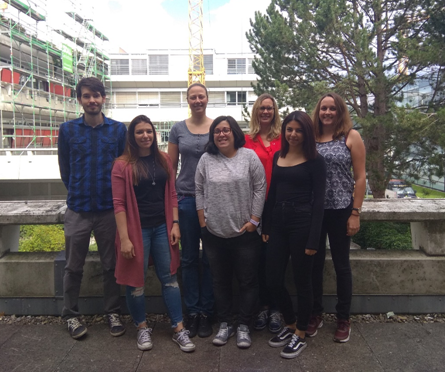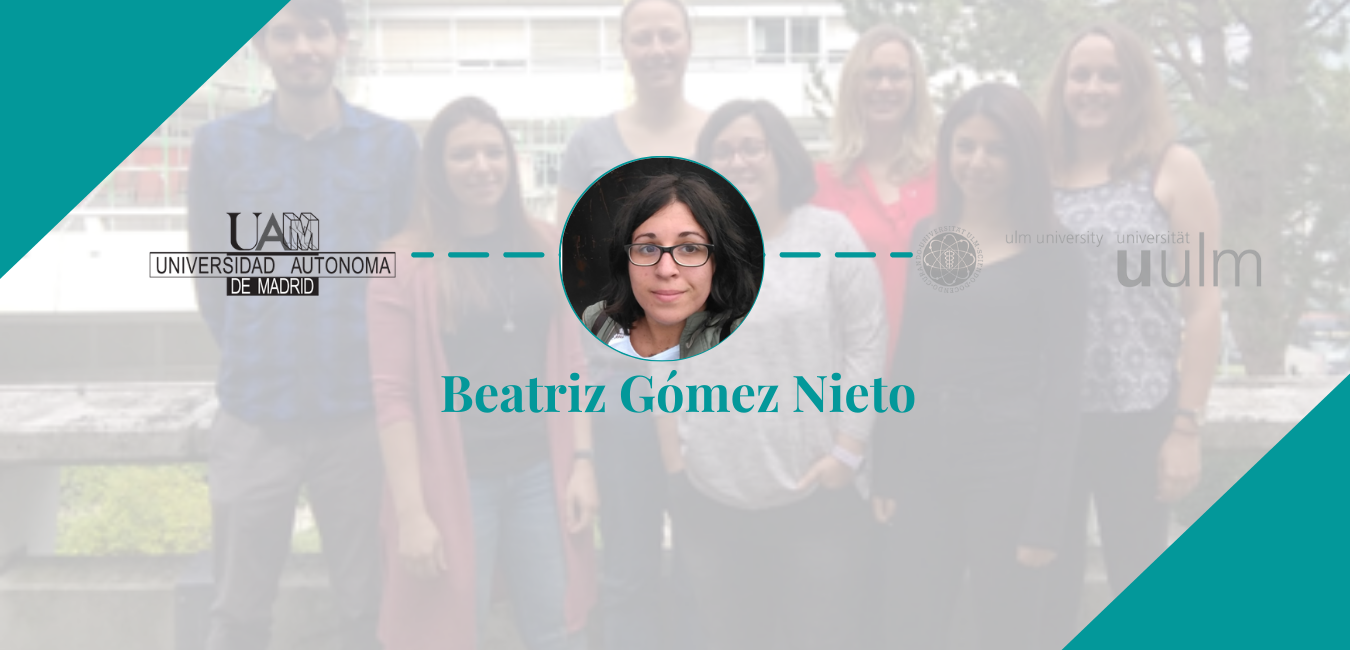Thanks to the YERUN Research Mobility Awards, I was able to visit the Ultratrace Analysis Research Group at the University of Ulm from 15th of July to 15th of August. This research group, led by Prof. Dr. Kerstin Leopold, has an extensive experience and remarkable trajectory in the area of analysis of metallic elements and nanoparticles present at trace and ultra-trace level in real-world samples. Moreover, they are pioneered in the use of Graphite Furnace Atomic Absorption Spectrophotometry (GFAAS) technique as a tool for nanoparticle characterization.
My stay at the Ulm University was extremely fruitful and relevant for finishing some studies of the research project I have started during my PhD visit to the research group of Prof. Dr. Leopold at the end of 2017. Indeed, we are now working in a new publication that is in the final stages of writing. This work aims to deepen the understanding of differences in the atomization processes of gold ions and gold nanoparticles of different sizes, which is of great interest in order to improve the capability of GFAAS for the determination and sizing of nanoparticles. In this new work, we have demonstrated that gold ions atomization is governed by a two-precursor mechanism, whereas the atomization of gold nanoparticles follows a one-precursor atomization mechanism. Moreover, a “pseudo-first” atom release order was found for all nanoparticles sizes indicating that atomization take places from individually distributed particles.
The development of this postdoctoral research stay has allowed the consolidation of a new collaboration alliance between the research group Prof. Dr. Leopold and the Sensors and Metal Speciation Group (GISEM) led by Dr. Jesús R. Procopio at the Universidad Autónoma de Madrid (UAM). Moreover, this research stay has constituted an extraordinary opportunity for me to acquire the independence and the ability to cooperate that are necessary to reach an essential scientific maturity to develop a long-term academic/research career with high probability of success.
In this context, the YERUN Research Mobility Awards is a great platform for young researchers as they bring an extraordinary opportunity to learn from the experience of other research groups in their particular area of study, so I recommend young researchers to apply to these awards.

Beatriz Gómez-Nieto is a PhD student in the Analytical Chemistry and Instrumental Analysis Department at the Universidad Autónoma de Madrid (UAM). She has a degree in Chemistry and a Master in Applied Chemistry also from this institution. Since 2017, Beatriz also holds a position as an assistant professor at the UAM. She has followed many graduate courses in order to form herself and obtain the Expert Degree in University Teaching (UAM). Her research interests lie in the area of Environmental and Analytical Chemistry. More specifically, her thesis project aims at providing faster and simpler spectrometric methodologies for the determination of essential and/or toxic elements in environmental, clinical and food samples. The work carried out during these years has resulted in the presentation of more than 15 communications in national and international conferences as well as in the publication of 7 articles in high impact journals in the field of Analytical Chemistry such as Analytical Chimica Acta or Talanta. In 2017, Beatriz received a grant to conduct a research stay of 3 months at the University of Ulm.










